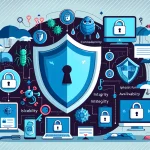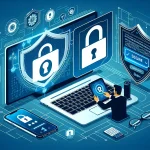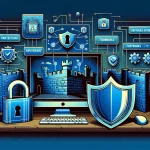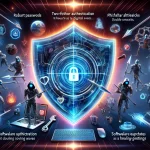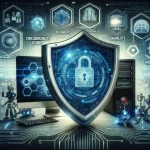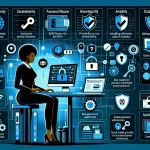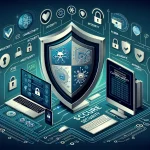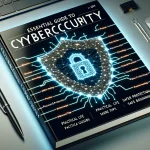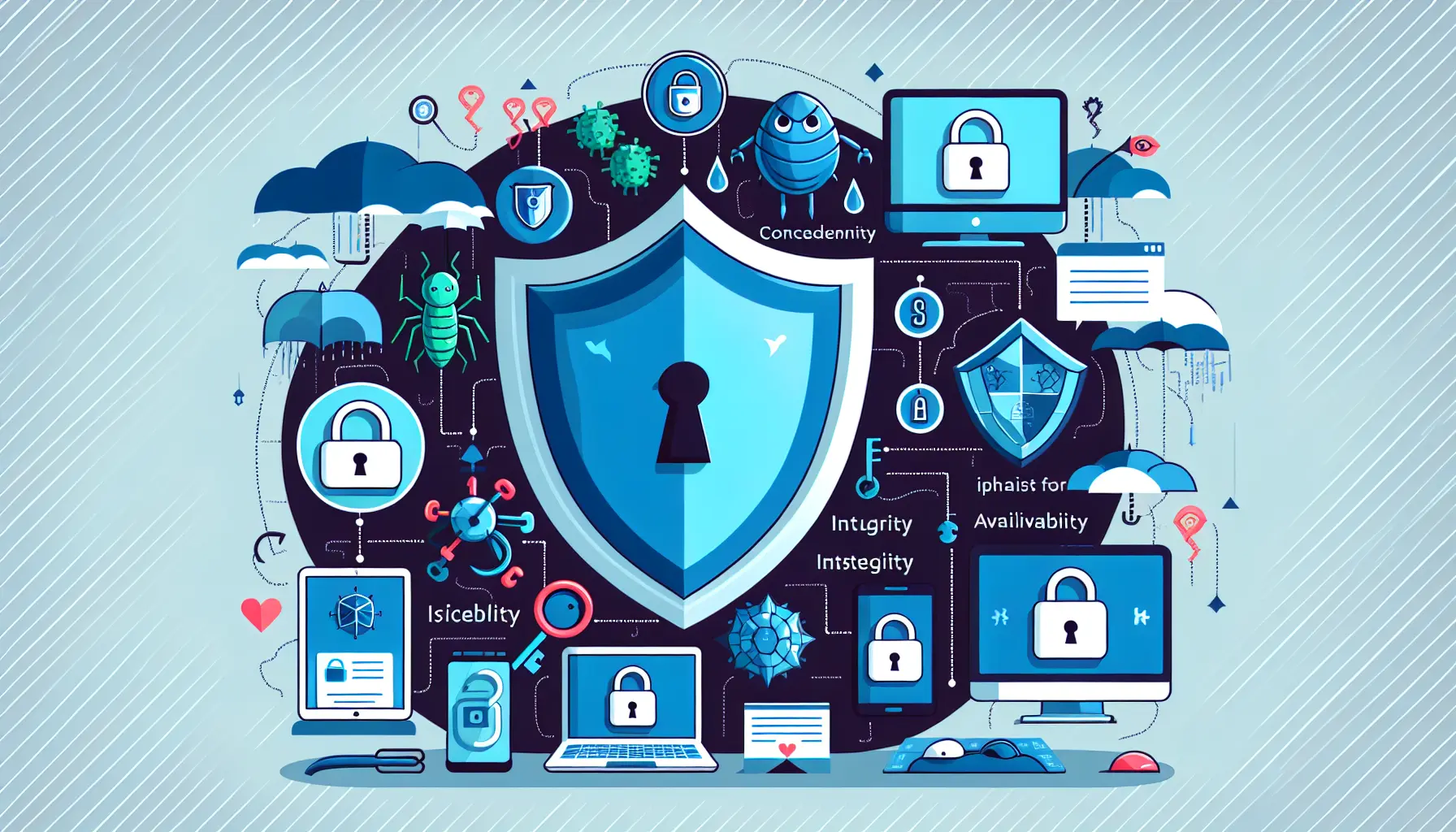
Estimated reading time: 8 minutes
Key Takeaways
- Cybersecurity Importance: Understanding cybersecurity is crucial for protecting your personal information online.
- Common Threats: Be aware of malware, phishing attacks, and other cyber threats that can compromise your security.
- Security Practices: Implement strong passwords and two-factor authentication to enhance your online safety.
- Safe Browsing: Adopt safe browsing habits to minimize risks while navigating the internet.
- Long-Term Habits: Regularly update software and monitor your accounts to maintain security.
Table of Contents
- Why Learning Cybersecurity Matters Now
- Understanding the Basics of Cybersecurity
- Common Cyber Threats You Need to Know
- Essential Security Practices for Everyone
- Safe Browsing Habits
- Essential Security Tools
- Protecting Your Personal Information
- Staying Safe Long-Term
- Taking Action
- Frequently Asked Questions
Why Learning Cybersecurity Matters Now
Think of cybersecurity as your digital shield in an increasingly connected world. Whether you're shopping online, checking emails, or managing your bank account, understanding basic cybersecurity principles isn't optional anymore – it's essential for protecting your personal information and financial wellbeing.
Recent statistics show that cybercrime affects millions of people annually, with the average cost of a data breach reaching $4.35 million in 2022. The good news? You can significantly reduce your risk by learning fundamental security practices. Source
Understanding the Basics of Cybersecurity
Cybersecurity protects your digital life through three main principles, known as the CIA triad:
- Confidentiality: Keeping your private information private
- Integrity: Ensuring your data remains accurate and unaltered
- Availability: Making sure you can access your information when needed
Think of these principles as the foundation of a secure digital house. Each element plays a crucial role in keeping your online presence safe from threats. Source
Common Cyber Threats You Need to Know
Cybercriminals are constantly evolving their tactics to exploit vulnerabilities. Staying informed about the latest threats is crucial for maintaining your online security. For an in-depth analysis of emerging risks and prevention strategies, visit Cybersecurity Threats 2025: Emerging Risks, Trends, and Prevention Strategies.
Malware and Viruses
Malicious software comes in many forms. Viruses can corrupt your files, while ransomware locks them away until you pay a fee. These digital threats often sneak in through seemingly innocent downloads or email attachments.
Phishing Attacks
Cybercriminals frequently use fake emails or messages that appear to come from legitimate sources. They might impersonate your bank, email provider, or even friends to trick you into sharing sensitive information. Source
Essential Security Practices for Everyone
Creating Strong Passwords
Your password strategy should include:
- Unique combinations for each account
- A mix of letters, numbers, and symbols
- Phrases that are easy to remember but hard to guess
Consider using a password manager to keep track of your credentials securely. The Ultimate Guide to Strong Passwords
Two-Factor Authentication: Your Second Line of Defense
Adding 2FA to your accounts creates an extra security layer. Even if someone gets your password, they still can't access your account without the second verification step, typically a code sent to your phone. Source
Safe Browsing Habits
Protect yourself while exploring the internet by:
- Checking for HTTPS in website addresses
- Avoiding suspicious downloads
- Being cautious with pop-ups and unexpected links
- Using private browsing when on public networks
Essential Security Tools
Antivirus Software
Quality antivirus software acts as your digital immune system, detecting and removing threats before they can harm your device. Keep it updated to maintain protection against new threats. Learn more about the differences and choose the best option for you in Antivirus vs Anti-Malware: A Comprehensive Guide.
Virtual Private Networks (VPNs)
VPNs encrypt your internet connection, making it harder for others to spy on your online activities. They're particularly important when using public Wi-Fi networks. Source
Protecting Your Personal Information
Guard your personal data by:
- Limiting what you share on social media
- Checking privacy settings regularly
- Being selective about online form submissions
- Monitoring your accounts for unusual activity
For more detailed strategies on safeguarding your information, visit How to Protect Personal Data: Essential Steps and Strategies for Comprehensive Security.
Staying Safe Long-Term
Build lasting security habits:
- Update your software regularly
- Back up important files
- Review account security settings quarterly
- Stay informed about new security threats
For more information, visit Microsoft's Cybersecurity Training.
Taking Action
Start implementing these security practices today:
- Change weak passwords to strong ones
- Enable 2FA on your important accounts
- Install and update antivirus software
- Create backups of your important files
- Review your social media privacy settings
Remember, cybersecurity isn't about becoming paranoid – it's about being prepared and protected. By following these guidelines, you'll build a strong foundation for your digital security and peace of mind. Source
Frequently Asked Questions
What is cybersecurity?
Cybersecurity refers to the practice of protecting systems, networks, and programs from digital attacks.
Why is it important to learn about cybersecurity?
Learning about cybersecurity is essential to protect personal information and prevent financial loss from cyber threats.
What are some common types of cyber threats?
Common types of cyber threats include malware, phishing, ransomware, and denial-of-service attacks.
How can I protect my personal information online?
You can protect your personal information by using strong passwords, enabling two-factor authentication, and being cautious about what you share online.
What should I do if I think I've been hacked?
If you think you've been hacked, change your passwords immediately, enable two-factor authentication, and monitor your accounts for unusual activity.
